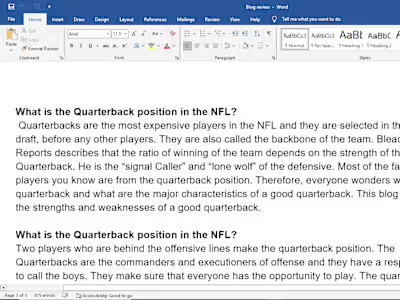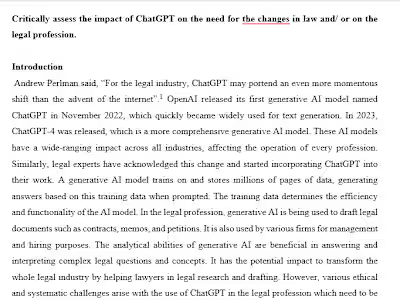Law blog for the USA Firm
Injunctions in the Federal Circuit and Family Court
Overview Obtaining an injunction in the FCFCA Jurisdiction of the FCFCA for
injunctions Injunction applications Discharging or varying an injunction
An injunction is a court order that makes or prevents a party from taking a particular
action. Injunctions form part of the court process and can be sought at any stage in
proceedings. An originating application must be made to the court before an injunction
can be obtained to protect the claimant’s rights while waiting for the court to determine
the final matter. This article deals with injunctions in the Federal Circuit and Family
Court of Australia (FCFCA).
Obtaining an injunction in the FCFCA
The Federal Circuit and Family Court can grant an injunction in any current or pending
matter. Its power to grant injunctions is found in the Federal Circuit and Family Court
Rules 2001.
The court deals with matters relating to the following legal matters:
● Bankruptcy;
● Human rights;
● Consumer matters;
● Family law;
● Child support;
● Privacy;
● Employment Law;
● Migration;
● Administrative law;
● Intellectual property law;
● Industrial law; and
● Admiralty law.
Some examples of the type of injunctions the Federal Circuit and Family Court can
make include the following:
● An order to prevent a liquidator from selling a property by a party to the marriage;
● An order stopping a person from interfering with another’s privacy;
● An injunction to prevent corporations engaging in misuse of market power; and
● An order to stop the unauthorised use of an artist’s performance.
Jurisdiction of the FCFCA for injunctions
The Federal Circuit and Family Court can only deal with matters relating to
commonwealth law. When a matter arises from commonwealth legislation, the matter
should be commenced and the injunction sought in the Federal Circuit and Family
Court. The FCFCA does not deal with criminal law matters, nor matters that come under
the jurisdiction of state or territory courts.
Injunction applications
You can obtain an injunction in the FCFCA whilst the originating matter is before the
court and before it has been dealt with at trial.
An injunction can be sought as part of an application when a party first applies to the
court to hear the matter. A grant of this injunction is decided at the same time as the
final orders of the matter.
An injunction may also be sought to prevent or compel a party to the matter act in a
certain way, after the original application has been made but before the court has made
a final order. These types of injunctions are sought as a matter of urgency and may be
made in relation to the preparation of a matter for trial – for example, to prevent a party
from destroying certain documentation. This type of injunction does not decide the rights
of the parties but is used as a way of making sure the matter is dealt with fairly. For
example, whilst a property settlement matter is awaiting trial, a non-bankrupt party to a
marriage can apply for an injunction to prevent a trustee from declaring or distributing
dividends amongst creditors of the bankrupt or debtor spouse.
Discharging or varying an injunction
The Federal Circuit and Family Court also has the power to discharge or vary the terms
of an injunction. This is a discretionary power and in some instances the court can do
this without an application being made. This is common in family law matters.
If you require legal advice or representation in any legal matter, please contact Go To
our website
Like this project
Posted May 20, 2024
This was a law blog for a firm
Likes
0
Views
0



